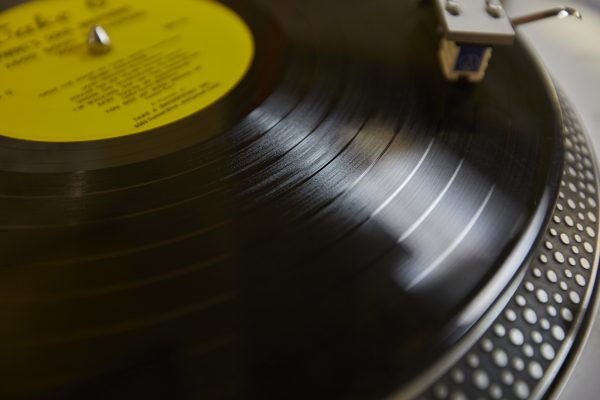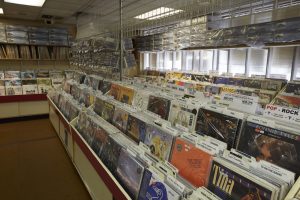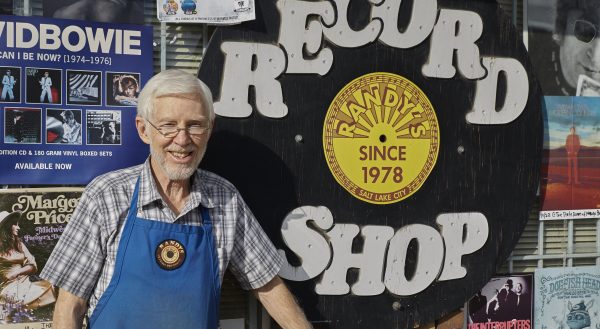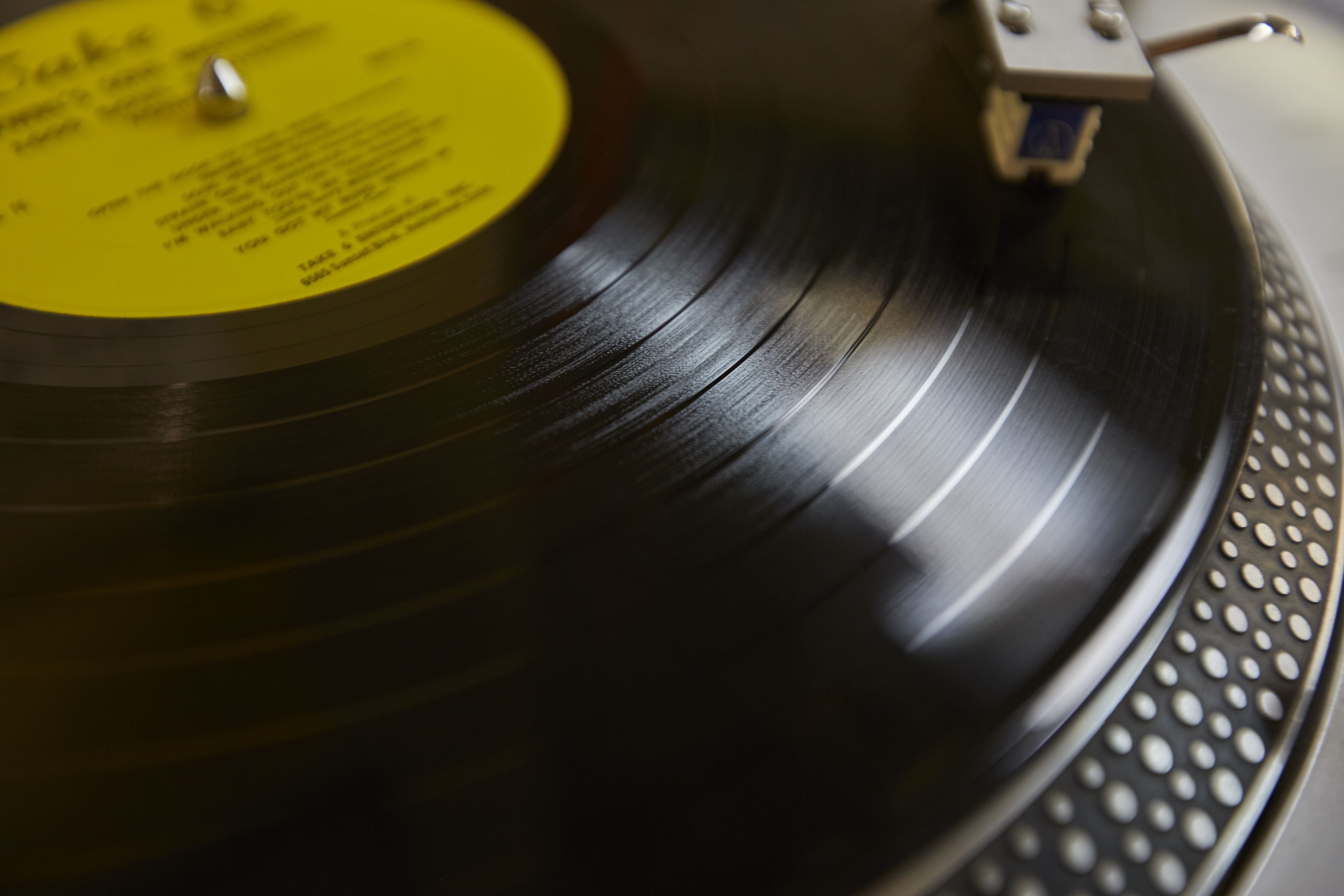
When you drop a needle onto a vinyl record, you bear witness to an experience that requires a conscious participation. Record collecting is a culture that invites people from all walks of life to enjoy music on a readily reliable format. It is for the casual listener, and of course for those who actively seek out deep and obscure cuts of music.
Records have seen a renewed popularity since about 2005, and as a result, are available almost everywhere. They can be found at chain stores, boutiques, and of course, shops like Diabolical Records, Randy’s Record Shop or Raunch Records. For the purists who frequent these stores, record collecting never went out of style. However, in the last few years it has become relatively trendy and mainstream.

“Vinyl is crazy right now. People are so into it,” according to Brad Collins, owner of Raunch Records. “It’s been a cool resurgence for the kids that like classic rock. Those records were pretty hard to get. So now they are available for stupid money.
Classic albums can be easily purchased just about anywhere. Collins says, “I think the Millennials have a ton of access to vinyl. Now, whether they want to spend $39 for Darkside of The Moon—that’s another thing.”
Exploratory consumers may also find alternative releases for a significantly cheaper price. Also, if someone wants to support a touring or local act, they could attend a show and buy a record directly from the artist. That money would go directly to supporting the band and the recipient of the record would have a treasured keepsake from the experience.
There is no doubt that buying records is a commitment, but in the current era, it’s not a black and white one. “I think it’s for people who like to hold stuff in their hands,” says Adam Tye, co-owner of Diabolical Records. Consumers can still stream from sources like Spotify, or utilize an album’s download code to get their music.
“If they’re going to buy something, they’re going to want something for that payment,” says Tye . “I’ve gotten plenty of [record] trades from people where it’s obvious that a lot of their records have never been played. They just bought them, got the download code, set them inside their collection and never listened to the record.”
Record buyers differ in age range. At Diabolical Records, the core demographic is 25 to 50-year-olds who are becoming more serious about collecting and are looking to widen their pallet. “We’re evening out now to where I think it has been a trend and it will continue to be a little bit of a trend,” says Tye. “But as with any trend, it is going to have the people who truly adopt it, and the people who do it for three years and get out of it.”
 Accessibility is not always considered to have a positive impact. Big chain stores sell turntables, but not without some risk. Despite being very attainable, the equipment sold at larger stores is often sub-par, with the consequence that vinyl records could be ruined over time. However, shops like Randy’s Records or Raunch Records carry higher quality turntables.
Accessibility is not always considered to have a positive impact. Big chain stores sell turntables, but not without some risk. Despite being very attainable, the equipment sold at larger stores is often sub-par, with the consequence that vinyl records could be ruined over time. However, shops like Randy’s Records or Raunch Records carry higher quality turntables.
Streaming services counteract the resurgence of interest in records. “You gotta remember that Spotify killed listening to a full album,” says Collins. “Songs are the number one thing people are looking for. Even if [Led] Zeppelin and Pink Floyd doesn’t have the song on it that you want, then you might sit on it forever. I’d say the early Pink Floyd records don’t sell nearly as good as Darkside of the Moon, I Wish You Were Here and The Wall.” Although streaming formats like Spotify expose listeners to a wide variety of music, the result is that if consumers buy an album, it is usually for a particular song.
Music can be enjoyed in just about any format, but with a vinyl record, it’s a Pandora’s box of opportunities. Local record shops boast a certain specialty with their stock. At Raunch Records, you can come across unknown punk and hardcore albums. At Diabolical Records, enthusiasts can find a wide variety of genres including psychedelic garage rock. Diabolical Records also impacts the community by hosting gigs where you can see bands that make up Salt Lake’s music sense as well as catching a touring act like Ex-Cult or The Coathangers.

These local shops are also staffed by individuals whose passion for music and culture are nearly unrivaled. Consumers can ask for recommendations from staff based on what they are buying and become exposed to new musical realms. This kind of involvement can also be influenced by DJ’s on local radio programs and by those who spin vinyl at bars or other venues. This is a special kind of community engagement, and whether record collecting is a trend or not, it is definitely here to stay.
Visit our local Holiday Shopping Guide


